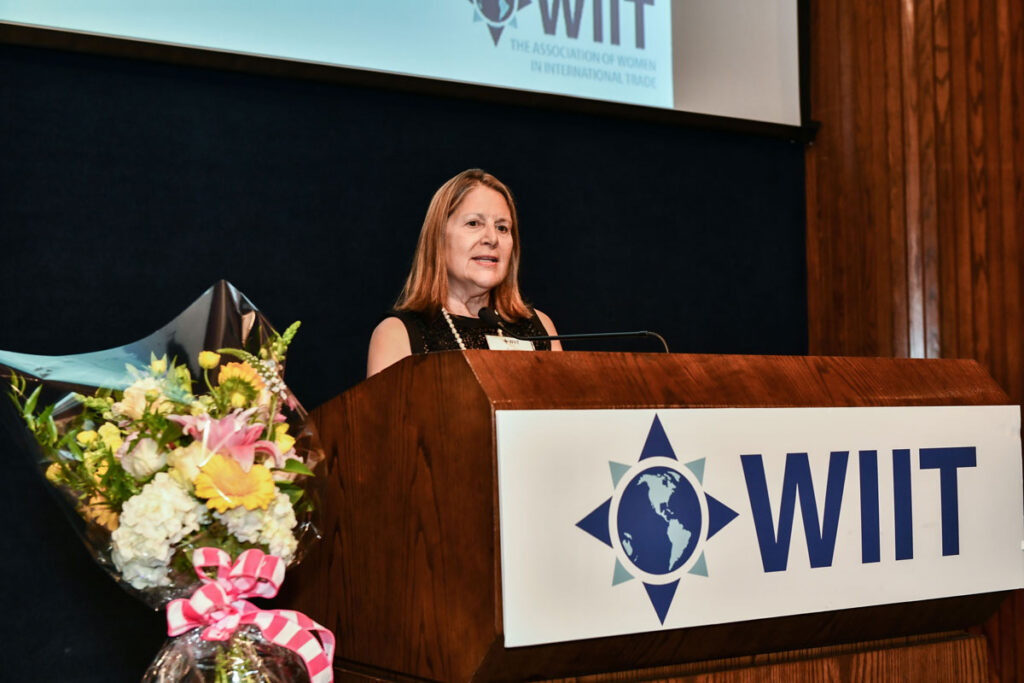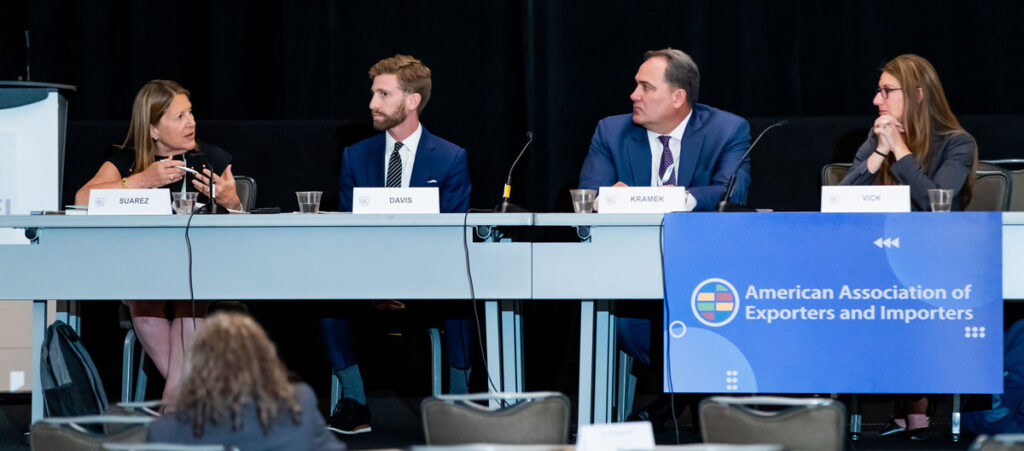On September 9, 2025, the U.S. Supreme Court agreed to a fast-track review of President Trump’s sweeping Liberation Day “reciprocal” and “fentanyl” or “trafficking” tariffs imposed upon imports from China, Mexico and Canada. What does this mean for you if you have imported goods subject to these tariffs or duties?
Background
On August 29, 2025, the U.S. Court of Appeals for the Federal Circuit (Federal Circuit) upheld the decision of the U.S. Court of International Trade (CIT) striking down President Trump’s reciprocal and fentanyl (referred to by the Federal Circuit as “trafficking”) tariffs imposed under the International Emergency Economic Powers Act of 19777, 50 U.S.C. § 1701, et. seq. (IEEPA). The Federal Circuit stayed the effects of its opinion until October 14, 2025, meaning that the duties would continue to be in effect until then, to allow the U.S. government to appeal the ruling to the U.S. Supreme Court, which it did. Your imports may have been hit with the applicable reciprocal tariffs or the fentanyl tariffs. If so, you may be wondering what you should do.
No one can predict how the Supreme Court will decide the case but there is a good chance that the Federal Circuit’s decision will be upheld, and the tariffs will be held to be unlawful. This would result in no future reciprocal or trafficking tariffs, but it also could result in refunds of duties already paid.
What you might consider doing?
The first thing recommended is to ask your customs house broker to provide you with a list of entries that have been subjected to these tariffs. The list should be in the form of a spreadsheet that provides each entry number, entry summary date, line items hit with the duties, IOR number, port of entry, date of liquidation or expected date of liquidation, classification, value, reciprocal duties paid.
The second thing that you might want to consider is protesting liquidations of entries. There is a process for contesting duties imposed by Customs & Border Protection (CBP). When a customs entry is “liquidated,” meaning there has been a final duty assessment and you receive an invoice, you have 180 days to protest the liquidation of the entry. A protested entry is not final, which would preserve your rights during the litigation.
If the tariffs are ultimately found to be unlawful, it is possible that CIT might establish a “refund” process. There is precedent for this when the U.S. Supreme Court found a harbor maintenance fee to be unconstitutional in U.S. v. U.S. Shoe Corp., decided March 31, 1998.
For further information, please feel free to contact to contact Evelyn Suarez at esuarez@suarezfirm.com.






